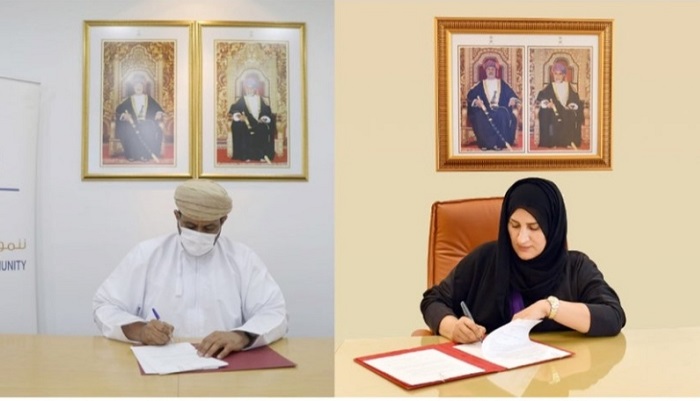

Muscat: With a cost of OMR 50,000, the Ministry of Health ( MOH ) has signed recently an agreement for supplying breathing apparatus for low-income and social security patients.
"The Ministry of Health ( MOH ) signed recently an agreement for supplying breathing apparatus for low-income and social security patients worth OMR 50,000, for the third consecutive year, funded by Oman India Fertiliser Company SAOC (OMIFCO)," MOH said in a statement.
The agreement was signed by Her Excellency Dr. Fatima Mohammed Al Ajmi, MOH's Undersecretary for Administrative, Financial, & Planning Affairs, and OMIFCO's manager of Corporate Sustainability and Communication Eng. Khalid Al Fannah Al Araimi.
H.E. Dr. Al Ajmi emphasised the significance of public and private sector partnerships for the general interest, praising OMIFCO initiative in funding the purchase of ventilators for low income and social security patients for the 3rd successive year.
OMIFCO representative Mr. Al Araimi stressed the company's commitment to activating partnership and cooperation with government institutions to serve the development of the country, with regard to health services provided to citizens in the Sultanate of Oman.
Eng . Al Araimi added that the pact promotes health services efforts and serves patients by providing home health care. Home ventilators represent an addition to the health services provided by the MOH's respiratory care section of the Directorate General of Specialised Medical Care (DGSMC).
Founders of this initiative, Dr. Mohammad Al Farsi, Senior Consultant at the DGSMC and Khalsa Al Siyabi, Head of the Respiratory Care Section in DGSMC pointed out that the number of patients benefiting from this initiative last year reached 66 patients distributed in all hospitals in Oman.
The team is headed by Dr. Mohammad Al Farsi and representatives from the Directorate General of Engineering Affairs and the Directorate General of Financial Affairs .
It should be noted that the initiative induces a positive impact by reducing patients ' long stay in the hospitals and reserving the intensive care unit beds. Additionally these devices can reduce the likelihood of infection transmission in hospitals.